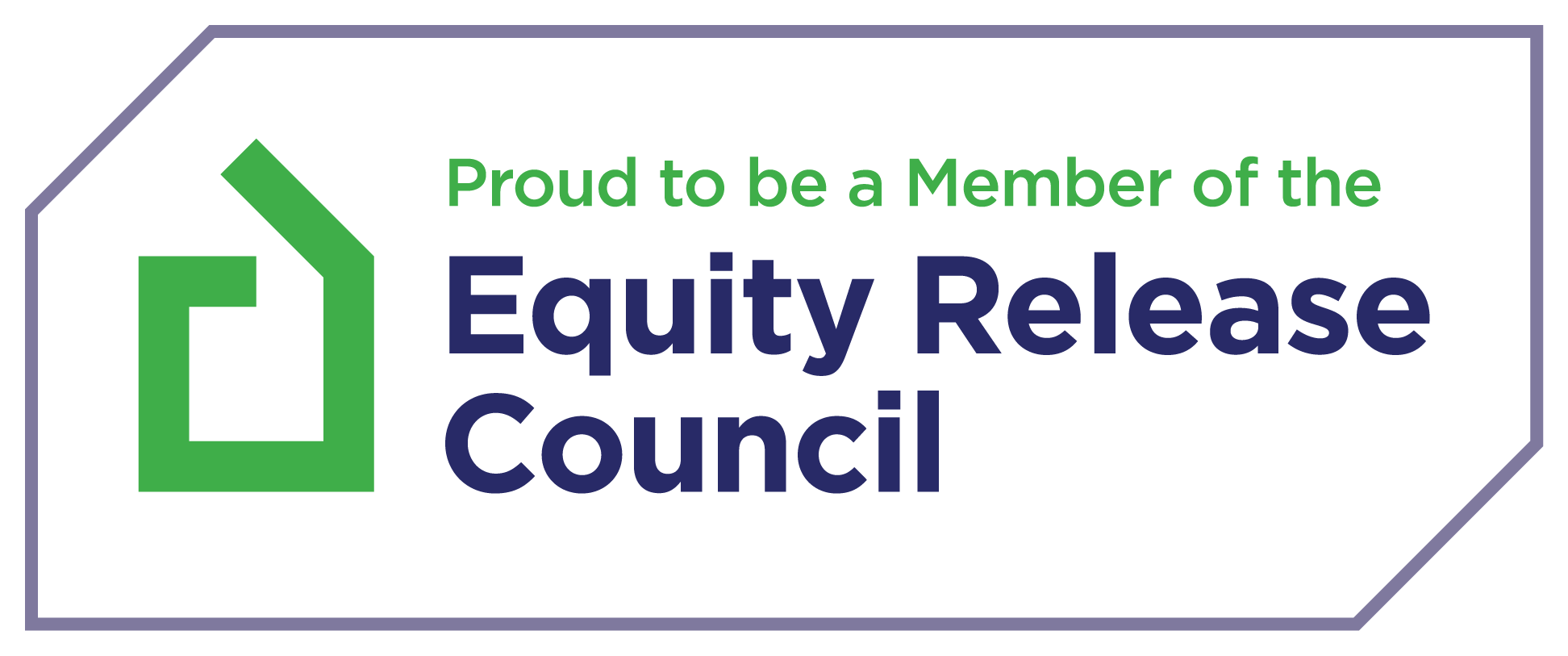Interest rates have not been a real topic of conversation for over twelve years. A generation has grown up not having to think that the cost of their mortgages or loans might rise. Since 2008/9 Bank Base Rate (BBR) set by the Bank of England has been less than 1% (as low as 0.1% 2020/21 over the pandemic), which may explain why household borrowing has been so attractive for so long.1
Yet interest rates have been raised from 0.5% to 1% and now to 1.25% – their highest level for 13 years1. By doing so, the Bank of England is hoping to slow the rate at which prices are increasing. Price inflation, which is the measure by which the cost of goods and services is increasing, is estimated to reach 11% later this year.2
We have all noticed how prices are going up with the cost of fuel, gas and electricity rising rapidly. One of the reasons is that while the world recovers from COVID, demand for goods and services has increased while the ability to supply has struggled to keep up. More buyers chasing too few goods means that prices have risen. The sharp rise in oil and gas costs has been made worse by Russia’s invasion of Ukraine.3
One of the few measures available to central banks to try and control rising prices is to raise interest rates. However, that has a negative effect on the cost of borrowing and also encourages people to borrow and spend less.
Mortgages and interest rates
Even though there is less to worry about in the short term if you are one of the c.74% of mortgage holders who are currently on a fixed rate deal, eventually everyone with a long mortgage end date is likely to be affected once their current fixed rate deal ends. Already, approximately 850,000 people on tracker or variable rate mortgages have started to see their monthly repayments rise.4
Credit cards and loans?
Even if you don’t have a mortgage, changes in Bank of England interest rates could still affect you if you have credit card balances or loans.
According to data from the Bank of England, the average credit card interest rate in the UK was 21.46% at the beginning of 20225 and the average arranged overdraft rate has risen from 12.34 per cent to almost 27 per cent according to the data firm Moneyfacts.6
If you are looking for ways to manage your monthly outgoings, we recommend that you get in touch with us. We could help to review your existing mortgage arrangements and advise you on suitable options based on your individual needs and circumstances.
Sources
1 – Bank of England (2022) Bank of England base rate. Available at: https://www.bankrate.com/uk/mortgages/bank-of-england-base-rate/ (Accessed on 28th June 2022)
2 – Weardon, G. (2022) Bank of England says Inflation will hit 11%. Available at: https://www.theguardian.com/business/live/2022/jun/16/bank-of-england-interest-rate-decision-markets-pound-ftse-business-live (Accessed 28th June 2022)
3 – UK Parliament House of Commons Library (2022) Rising Cost of Living UK. Available at: https://commonslibrary.parliament.uk/research-briefings/cbp-9428/ (Accessed 28th June 2022)
4 – UK Finance (2022) How the Bank Rates Affect Mortgages. Available at: https://www.ukfinance.org.uk/news-and-insight/blogs/how-the-bank-rate-affects-mortgage-rates (Accessed 28th June 2022)
5 – Thomas, J & Stoneman, J (2022) 21% and Rising: Fury grows as Credit Card rates hit new high. Available at: https://www.theguardian.com/money/2021/dec/05/21-and-rising-fury-grows-as-credit-card-rates-hit-new-high (Accessed 28th June 2022)
6 – Clark, D. (2020) Overdraft rates rise but borrowing becomes cheaper. Available at: https://moneyfacts.co.uk/news/banking/overdraft-rates-rise-but-borrowing-becomes-cheaper/ (Accessed 28th June 2022)






